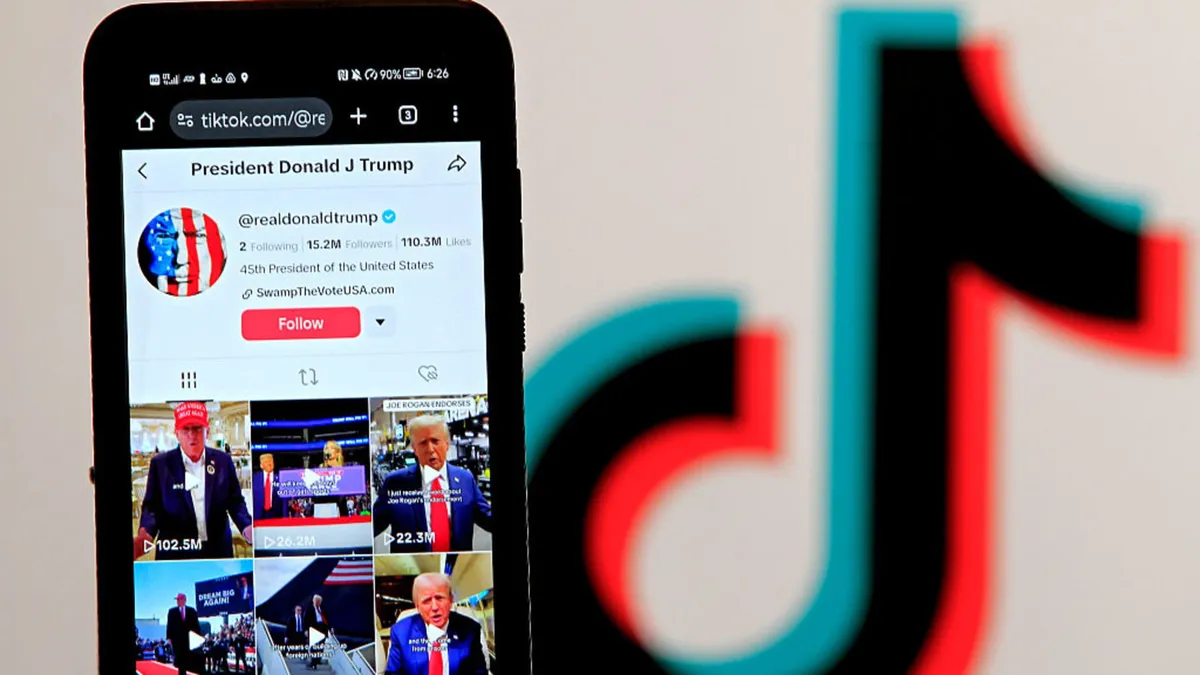
A recent announcement from a senior White House official has shed light on a preliminary deal aimed at keeping TikTok operational in the United States. This agreement will notably not involve the federal government taking an equity stake or a golden share in the popular social media platform. Instead, the deal focuses on establishing a new joint venture that will center TikTok’s U.S. operations.
According to the official, this new joint venture will be governed by a board of directors, the majority of whom will be American citizens. Importantly, none of these board members will be appointed by the federal government, ensuring a level of independence in the platform's management. Additionally, tech giant Oracle is set to play a crucial role by overseeing TikTok's security operations, which is a significant move considering the ongoing concerns about user data privacy and national security.
In a move expected to bolster the agreement, President Donald Trump is anticipated to sign an executive order later this week. This order will not only endorse the proposed deal but will also extend the deadline for TikTok to avoid a potential ban in the U.S. The White House has confirmed that discussions with China have been positive, leading officials to express confidence that there will be no regulatory hurdles obstructing the finalization of the deal.
Since the beginning of Trump's presidency in January, the U.S. government has taken significant steps in regulating major companies, including acquiring a golden share in U.S. Steel and an equity stake in Intel. A golden share grants the government veto power over major business decisions, a point of contention as TikTok's parent company, ByteDance, navigates this complex landscape.
ByteDance faces a federal ultimatum under a law requiring the company to either divest its American operations or face a shutdown in the U.S. This legislation was passed with bipartisan support due to widespread concerns regarding national security and the app’s powerful content algorithm. Trump, who has publicly voiced his appreciation for TikTok, has repeatedly delayed the divest-or-ban deadline, with the most recent extension set for December 16.
The unfolding situation surrounding TikTok highlights the intricate balance between technology, national security, and commerce. As discussions progress, the outcomes of this preliminary deal may set significant precedents for how foreign-owned companies operate within the United States, especially in the realm of social media.